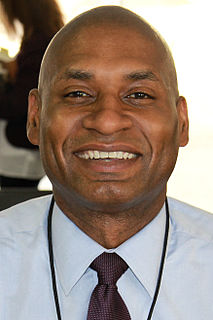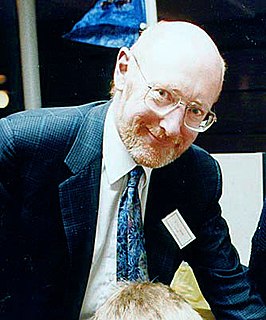A Quote by Naguib Mahfouz
I didn't make any money from my writing until much later. I published about 80 stories for nothing. I spent on literature.
Related Quotes
Nothing changed in my life since I work all the time," Pamuk said then. "I've spent 30 years writing fiction. For the first 10 years I worried about money and no one asked me how much money I made. The second decade I spent money and no one was asking me about that. And I've spent the last 10 years with everyone expecting to hear how I spend the money, which I will not do.
About a year after (my stories began being published), magazine editor George Scithers, suggested to me that since I was so new at being published, I must be very close to what I had to learn to move from fooling around with writing to actually producing professional stories. There are a lot of aspiring writers out there who would like to know just that. Write that book.SFWW-I is that book. It's the book I was looking for when I first started writing fiction.
I had an insanely long commute - New York to D.C. - when I worked at 'National Geographic.' I hate to waste time, so I spent my time by writing about my life on the premise that I might be able to pitch those as short essays to magazines. It wasn't until later that I realized that I was writing a book.
When you're young, your perception of what it means to be a writer is often less about the writing and more about what seems to be the accompanying life: speeches and travel and hanging out with other writers. You think that when you get published, your life will clarify itself to you somehow. But when you don't get published until you're middle-aged you know who you are already, and your life expands to make room for your writing, rather than orbiting around it. You realize that there's no one way to be a writer, and that the job is less of an identity and more of a vocation.
Most British playwrights of my generation, as well as younger folks, apparently feel somewhat obliged to Russian literature - and not only those writing for theatres. Russian literature is part of the basic background knowledge for any writer. So there is nothing exceptional in the interest I had towards Russian literature and theatre. Frankly, I couldn't image what a culture would be like without sympathy towards Russian literature and Russia, whether we'd be talking about drama or Djagilev.
I chose philosophy because it sounded like something I ought to be interested in. I didn't know anything about it, I didn't even know what it was talking about. What I really spent my time doing in those years was writing short stories. There were all sorts of interesting courses, but what I really wanted to do was make stories one way or another.






































